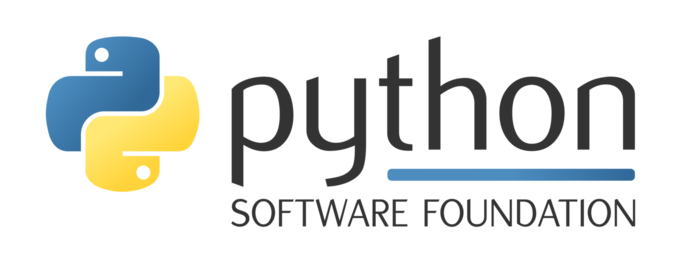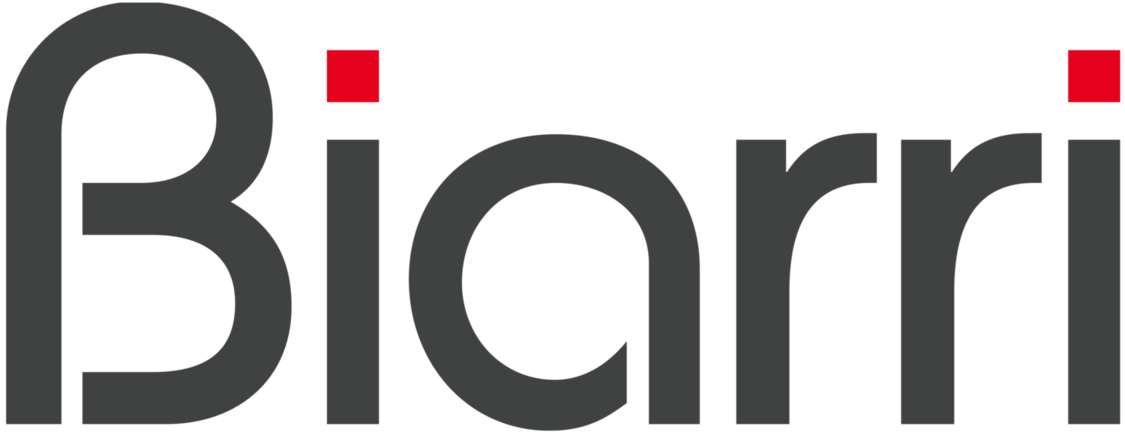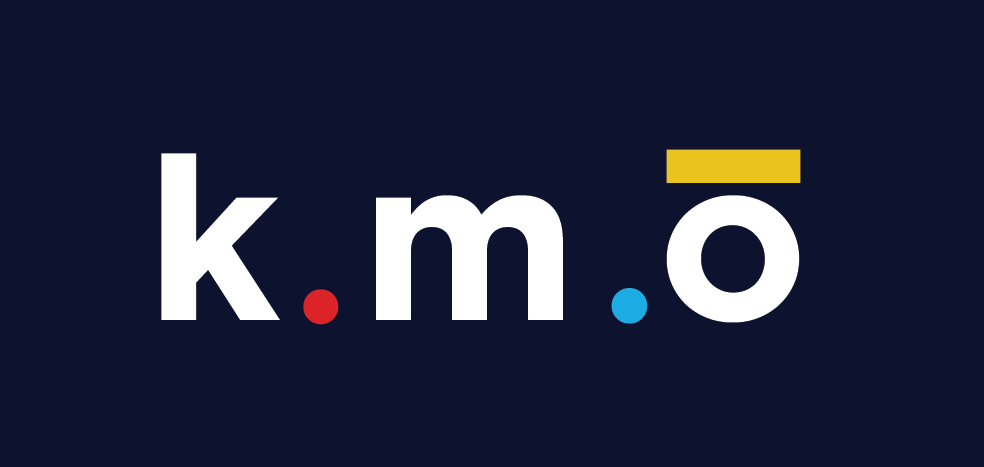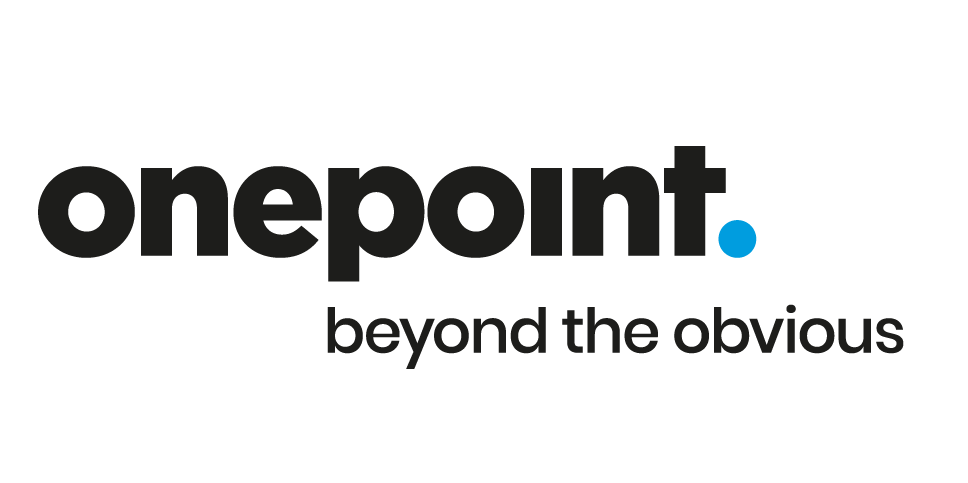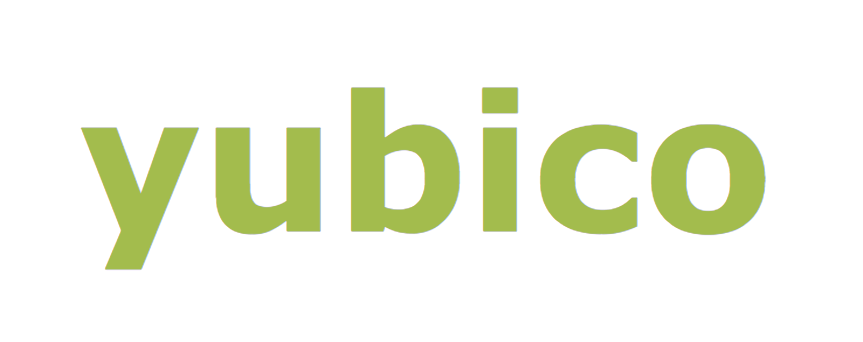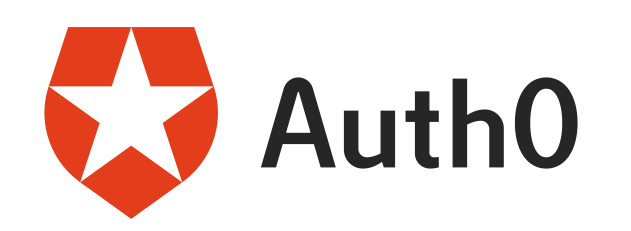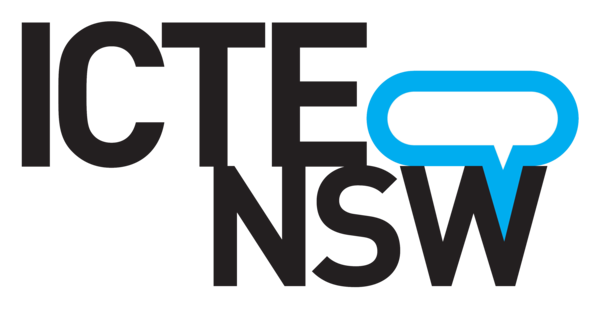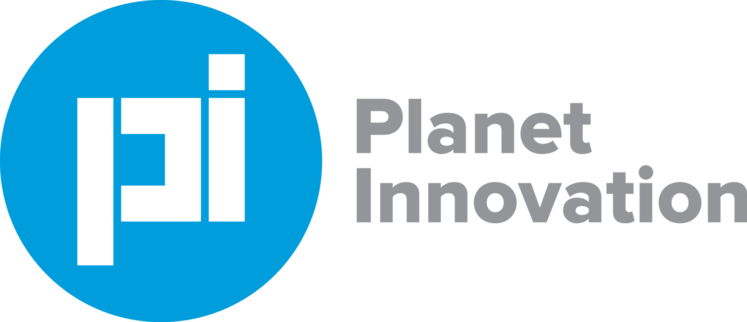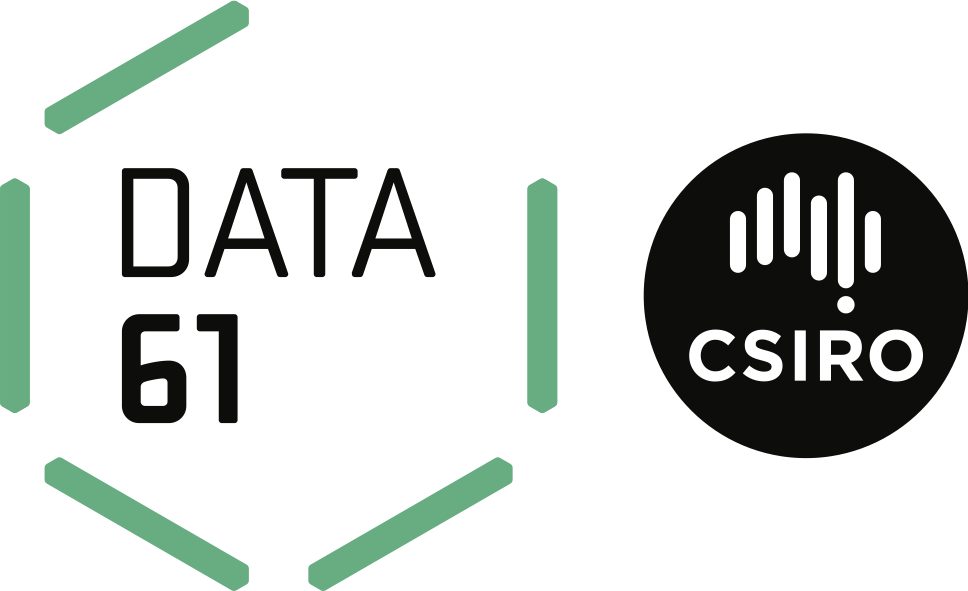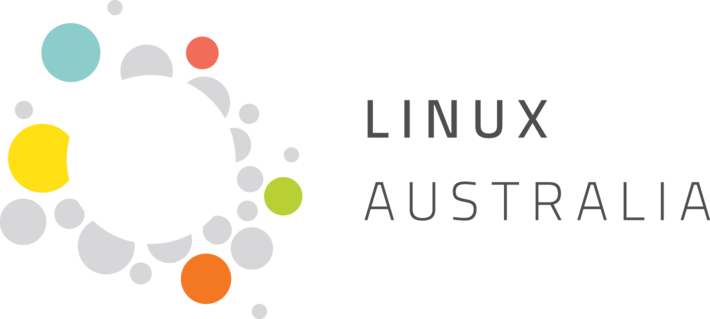We will be making a change to the licence under which we publish our videos this year.
We were recently made aware that the content licence we had been using for uploaded PyCon AU talk videos did not match our intended use for these videos. We wish to make the community aware of the changes and our reasons for making them. We would also like to take this opportunity to clarify the reasons why we want to provide conference video recordings to the public, and what our expectations are of how these videos can be used once they are published.
For the last ten years, PyCon Australia has paid for professional videographers to record every session at our event (except in cases where the speaker has declined to be recorded). These videos have been uploaded to YouTube (and in some cases, the Internet Archive) for open access to the information shared. These videos were uploaded to YouTube under the Creative Commons licence. In some years, the text accompanying the videos has clarified that the licence used is CC-BY-SA-3.0.
In recording and publishing the talks from our conference, our intention has been to make this content available for those who want to learn from our speakers and those who are interested in Python in general. We also intend for this knowledge to remain available free of charge, without any paywall restrictions on content, and without anybody making a profit from the work of others.
However, there are some parties that have taken the Creative Commons licence as a free pass to download PyCon AU content, remove sponsor logos and title screens, retitle talks, remove speaker attribution, and re-upload the result to their own channels with monetisation enabled. Often, these videos have been uploaded with comments enabled and no moderation. We wish to express in the strongest possible terms how much we dislike the type of republishing activity these channels are engaged in.
The lack of fidelity in the licence tags available when uploading a video to YouTube is somewhat problematic: when you upload a video to YouTube, you get two choices for the licence: YouTube Standard, or Creative Commons. We intended a more specific CC licence than just a general “Creative Commons”, but this metadata tag only provides these two options. However, as we have been advised by one of the channels seeking to use our content for financial gain, by marking our content as Creative Commons, we give them free use to re-upload any of our content and monetise it however they see fit. We absolutely did not intend this.
In order to prevent further abuse of our content, we have taken the following actions:
- We have retroactively changed the licence metadata tag on all PyCon Australia videos to “YouTube Standard”.
- We have not changed any in-line descriptions on the clarification of the CC-licence type on existing videos.
- All future uploads will be tagged with the “YouTube Standard” licence metadata tag.
For 2019, when we ask speakers for recording consent we will be asking for their permission to upload their content under Creative Commons Attribution-NonCommercial-ShareAlike 4.0 International (CC BY-NC-SA 4.0).
What does this licence mean?
- Attribution (BY): you must give the original speaker credit.
- Non-Commercial (NC): no making profit off the content through advertising, charging money to see it, etc.
- Share-Alike (SA): any redistributed alterations of the content must also have this licence.
What we intend this licence to allow:
- public and private re-showing of content, e.g at work, at meetups.
- speakers to re-host their own personal content, even to other services.
- excerpts in NC-compliant podcasts (i.e. no profit is made from the podcast)
- NC-compliant educational purposes (i.e. no profit is made from sharing the content, and no fee is charged to access it)
- inspiration for future talks (as a source of ideas, but not to enable plagiarism)
We will be marking all uploaded videos in 2019 with the YouTube Standard licence metadata tag to prevent content scrapers from automatically re-uploading the talks we publish. However, we will use the video description to clarify to human readers that the licence applicable to the video is CC BY-NC-SA 4.0.
It is our hope that by making these changes we are actively preventing misuse of our content, while freely allowing our content to be used and learnt from.
We understand that a number of other PyCons and related community events face similar issues, and we would like to recommend that they use the same configurations described above in order to prevent similar issues.


